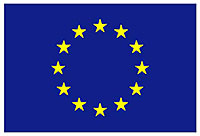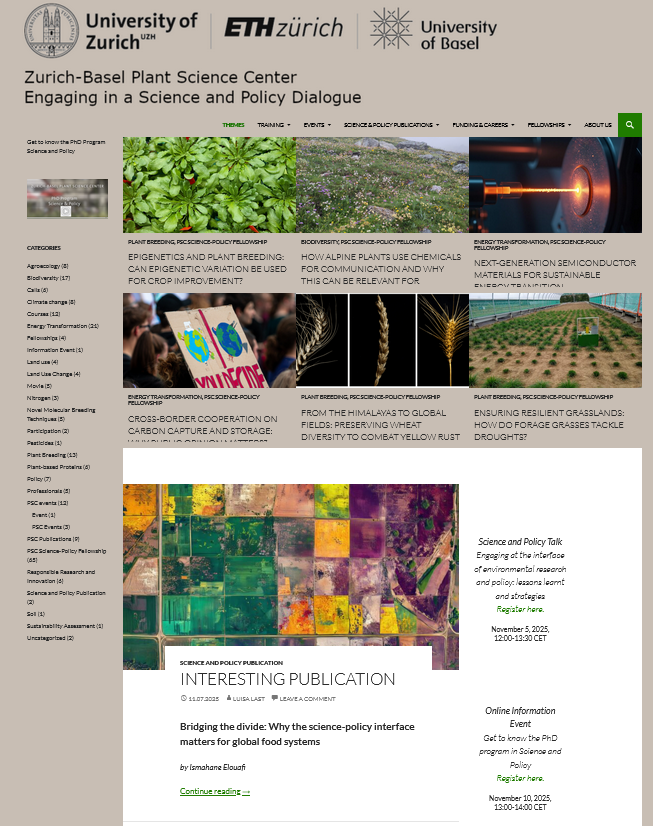Energy Transition and the Transport Sector – Assessing the Impact of European and National Policies on Future Drive Technology Mixes, Energy Use, and Emission Pathways

Fellowship Duration: Feb 2020 - Sep 2023
PhD Student: Bessie Noll (LinkedIn)
Principal Investigator: Prof. Tobias Schmidt, Energy Politics Group, Department of Humanities, Social and Political Sciences, ETH Zurich, Switzerland
Project Partner: Nils Epprecht, General Manager, Schweizerische Energiestiftung (SES), Zurich, Switzerland
Research Fields: Energy Science, Climate and Energy Policy, Innovation Studies
Project Description
The transport sector is one of the largest energy consumers and plays a crucial role in mitigating climate change. With recent cost reductions for battery electric vehicles, a fundamental transformation of the predominant drive technologies towards low-carbon technologies seems possible. However, there is great uncertainty about the speed and outcome of the transition, since a variety of drive technologies still compete for low-carbon road mobility and transport and with increasing modal shifts towards rail. To address this challenge, we will develop a novel model for global projections of technology mixes for
mobility and transport until 2040. Embedding a probabilistic discrete choice model within a system-dynamic model architecture, we will consider feedbacks between technology deployment, cost improvement and further factors, and thus contribute to policy advice.
Specifically, this project will address uncertainty in freight transport decarbonization. As evidenced by increasing global demand for goods and services, the freight sector represents a critical analysis point for emissions reduction and an anticipated option for electrification given the likely definitive trend towards total electrification in the passenger transport sector. Entry barriers for alternative fuel freight vehicles in the market, however, include high cost of infrastructure and high capital investment as the technologies required to power long-range road transport, for instance, are not yet cost effective. The developed model will therefore address the positive economic feedback effects of technological development and deployment but perhaps more importantly, identify policy intervention points that would effectively assist a shift from conventional to alternative fuel drive-train technologies. In
collaborating with the Swiss Energy Foundation (SES), avenues and best practices for policy intervention will be readily experienced and discussed first-hand by the researcher during the secondment and can thus be incorporated in the model architecture and assessment.
Finally, upon completion, quantitative results as well as the model itself will be open sourced for future researchers to build upon and for other relevant industry stakeholders to reference.
This fellowship was hosted by the Energy Science Center.
Activities and Publications
Doctoral thesis Modeling the Low-Carbon Road Transport Transition: Policy Insights and Implications
PSC Blog article (2024) CONGRATULATIONS – Bessie Noll
ETH Energy Blog article (2023)America’s Inflation Reduction Act is asking too much of car manufacturers and electric vehicle supply chains
PSC Blog article (2023) Could “advanced” nuclear technologies support low-carbon energy strategies?
ETH Energy Blog article (2021) 福島から10年後 – When institutional incumbents hinder energy transitions: Japan’s energy story
ETH Energy Blog article (2021) A voice from exile – Life after Fukushima
Commentary in Joule (2024) on Domestic-first, climate second? Global consequences of the Inflation Reduction Act
Peer-reviewed article in Cell Reports Sustainability (2024) Managing trade-offs between electric vehicle taxation and adoption
Peer-reviewed article in PNAS (2023) on The effects of local interventions on global technological change through spillovers: A modeling framework and application to the road-freight sector
Peer-reviewed article in Nature Communications (2022) on Comparing the levelized cost of electric vehicle charging options in Europe
Peer-reviewed article in Applied Energy
(2022) on Analyzing the competitiveness of low-carbon drive-technologies in road-freight: A total cost of ownership analysis in Europe
Magazine article (Energie & Umwelt, SES, Heft 4, 2021) on Neue Reaktorkonzepte in der Schweiz – Illusion oder echte Option?
Magazine article (Energie & Umwelt, SES, Heft 1, 2021) on Wohin steuert Japans Energiepolitik?
White paper (2021) on A synthesized analysis of the state of the "advance" US nuclear industry
Conference talk at the 12th International Sustainability Transitions Conference (IST, Germany, Oct 2021)
Conference talk at the Mobility Research and Innovation in Switzerland (Switzerland, Sep 2021)
Conference talk at the Florence School of Regulation Sustainability Conference “Greening Infrastructures” (Italy, Jun 2022)
Secondment and Research Stay
Bessie’s PhD journey was highlighted by a meaningful mid-doctorate secondment at the Schweizerische Energie-Stiftung (SES). This period was marked by a poignant return to Japan, her childhood home, where she reconnected with and reflected on the events of March 11th, 2011. Her stay in Japan in 2021 was dedicated to capturing and reporting on the decade-long aftermath of the Tohoku earthquake and the Fukushima nuclear disaster.
Duration: Field research and stakeholder interviews in Japan (Jan 2021 - Feb 2021), and a stay with the SES in Zurich, Switzerland (Apr 2021 - May 2021)
Research stay abroad: Chalmers University, Gothenberg, Sweden (May - Jun 2023)
Stakeholder Workshop
The stakeholder worskop on "The transition to electric vehicles: Implications for public revenues and funding of roads" was conducted as part of the
Center for Sustainable Future Mobility (CSFM) Seminar co-organized together with the Institute of Science, Technology and Policy featuring Bessie Noll from the Energy and Technology Policy Group (EPG), Dr Betsy Sandoval Guzmán from the Vehicle Systems Group at Empa, Alessio Levis from the International Political Economy and Environmental Politics group (IPEEP), and Roman Rosenfellner from the Federal Roads Office (FEDRO). More information


